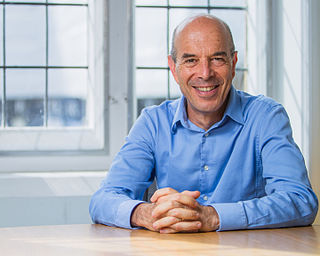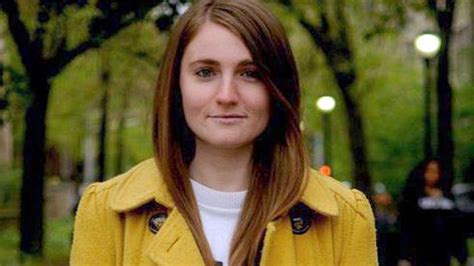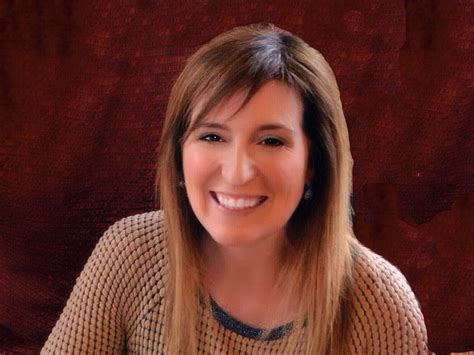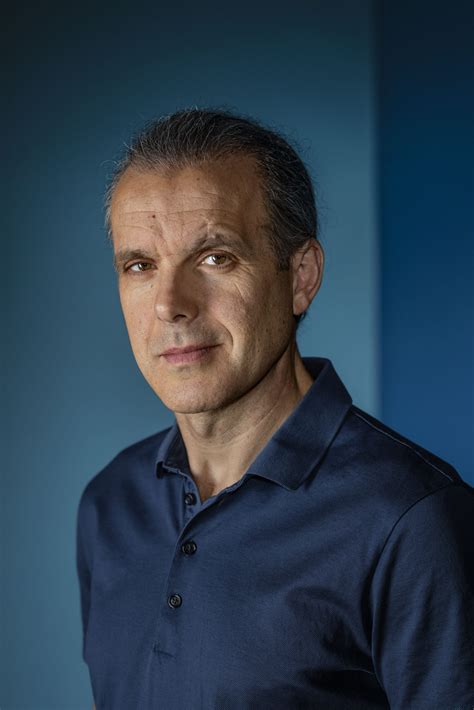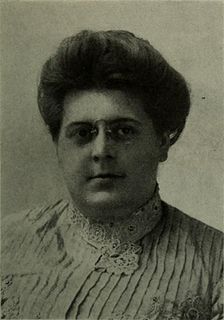A Quote by Rebecca Solnit
For millions of years, this world has been a great gift to nearly everything living on it, a planet whose atmosphere, temperature, air, water, seasons, and weather were precisely calibrated to allow us - the big us, including forests and oceans, species large and small - to flourish.
Related Quotes
Human use of fossil fuels is altering the chemistry of the atmosphere; oceans are polluted and depleted of fish; 80 per cent of Earth's forests are heavily impacted or gone yet their destruction continues. An estimated 50,000 species are driven to extinction each year. We dump millions of tonnes of chemicals, most untested for their biological effects, and many highly toxic, into air, water and soil. We have created an ecological holocaust. Our very health and survival are at stake, yet we act as if we have plenty of time to respond.
Suddenly the clouds seem high above us. They’re moving over us in an arch, circling the planet. They have seen abysmal oceans and charred, scorched islands. They have seen how we destroyed the world. If I could see everything, as the clouds do, would I swirl around this remaining continent, still so full of color and life and seasons, wanting to protect it? Or would I just laugh at the futility of it all, and meander onward, down the earth’s sloping atmosphere?
We don't even know what species are out there, for the most part, particularly when you get down to the microbes and very small invertebrates. They make up the mass of the organisms around us, including the soil we depend on, the soil of cornfields as well as hardwood forests. We haven't taken ecology to the point where we can even make a crude prediction of what's going to happen when we've reduced the living world down to a certain level.
But in a way you can say that after leaving the sea, after all those millions of years of living inside of the sea, we took the ocean with us. When a woman makes a baby, she gives it water, inside her body, to grow in. That water inside her body is almost exactly the same as the water of the sea. It is salty, by just the same amount. She makes a little ocean, in her body. And not only this. Our blood and our sweating, they are both salty, almost exactly like the water from the sea is salty. We carry oceans inside of us, in our blood and our sweat. And we are crying the oceans, in our tears.
We are here because over billions of years, countless variables fell into place, any of which could have taken another path. We are essentially a beautiful fluke, as are the millions of other species with which we share this planet. Our cells are composed of atoms and dust particles from distant galaxies, and from the billions of living organisms that inhabited this planet before us.
In his eyes shone the reflection of the most beautiful planet in the Universe---a planet that is not too hot and not too cold; that has liquid water on the surface and where the gravity is just right for human beings and the atmosphere is perfect for them to breathe; where there are mountains and deserts and oceans and islands and forests and trees and birds and plants and animals and insects and people---lots and lots of people. Where there is life. Some of it, possibly, intelligent.
The heart's seasons seldom coincide with the calendar. Who among us has not been made desolate beyond all words upon some golden day when the little creatures of the air and meadow were life incarnate, from sheer joy of living? Who among us has not come home, singing, when the streets were almost impassable with snow, or met a friend with a happy, smiling face, in the midst of a pouring rain?
This notion that man can, and should, have absolute dominion over the "chaotic" powers of nature and woman...is what ultimately lies behind man's famous "conquest of nature" - a conquest that is today puncturing holes in the earth's ozone layer, destroying our forests, polluting our air and water, and increasingly threatening the welfare, and even survival, of thousands of living species, including our own.
A three billion year old planet floating in the vast universe with mountains, seventy percent seas and oceans, fertile lands, immense forests, rivers and lakes, sea shores and deserts, this is where we humans have the privilege to live, the latest, most advanced newcomers in evolution. What an immense, incredible responsibility we have to be a right, positive element in the further evolution of that planet. That is the big question before us in the new century and millennium.
And when we give each other Christmas gifts in His name, let us remember that He has given us the sun and the moon and the stars, and the earth with its forests and mountains and oceans--and all that lives and move upon them. He has given us all green things and everything that blossoms and bears fruit and all that we quarrel about and all that we have misused--and to save us from our foolishness, from all our sins, He came down to earth and gave us Himself.



